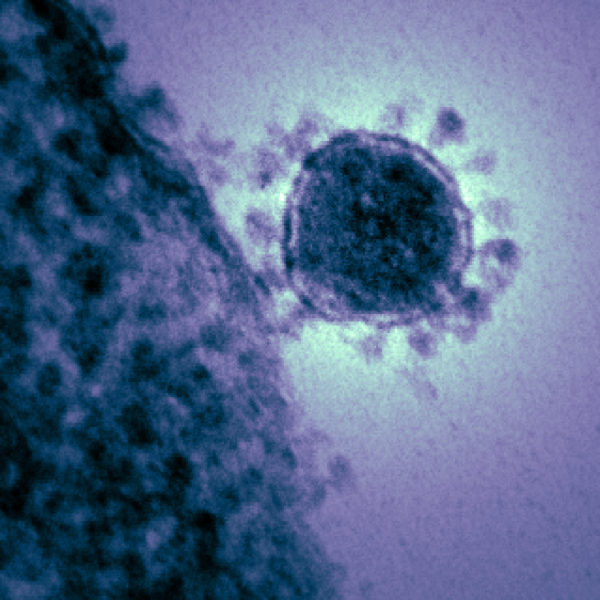
According to Johns Hopkins University, the number of people who have died worldwide in the Covid-19 pandemic has surpassed three million.
The milestone comes the day after WHO chief Dr. Tedros Adhanom Ghebreyesus warned the world was “approaching the highest rate of infection” so far.
India – experiencing a second wave – recorded more than 230,000 new cases on April 17 alone.
Almost 140 million cases have been recorded since the pandemic began.
Tedros Adhanom Ghebreyesus warned on April 16 that “cases and deaths are continuing to increase at worrying rates”.
He added that “globally, the number of new cases per week has nearly doubled over the past two months”.
The US, India and Brazil – the countries with the most recorded infections – have accounted for more than a million deaths between them, according to Johns Hopkins University.
Last week saw an average of 12,000 deaths a day reported around the world, according to AFP.
However, official figures worldwide may not fully reflect the true number in many countries.
Up until a few weeks ago, India appeared to have the pandemic relatively under control. Cases had been below 20,000 a day for much of January and February – a low figure in a country of more than a 1.3 billion people.
But then infections began to rise rapidly: April 17 saw a record set for the third day in a row, with more than 234,000 cases reported.
Hospitals are running low on beds and oxygen. Sick people are being turned away, and some families are turning to the black market to get the drugs they need.
The capital Delhi has gone into lockdown over the weekend, with restrictions put in place in several other states, as officials try to stem the tide.
Brazil – which has recorded the third highest number of cases and, at 368,749, the second highest number of deaths – is still struggling to control the outbreak.
On April 16, the health ministry announced more than 85,000 new cases over the previous 24 hours and 3,305 deaths.
Canada has also reported a recent rise, registering more cases per million than the US over the last week – the first time this has happened since the pandemic began.
South Africa Suspends Rollout of AstraZeneca Vaccine over New Covid Variant
Coronavirus: Wuhan Increases Death Toll By 50%
Papua New Guinea has also been highlighted as a cause for concern. Dr. Tedros Adhanom Ghebreyesus, noted “the potential for a much larger epidemic” in the Pacific nation following a sharp increase in cases.
He added that Papua New Guinea – which has received 140,000 vaccine doses through Australia and the Covax scheme – is a “perfect example of why vaccine equity is so important”.
More than 860 million doses of coronavirus vaccines have been administered, in 165 countries worldwide.
However, the WHO chief told UN officials on April 16: “Vaccine equity is the challenge of our time – and we are failing.”
Some countries have secured and delivered doses to a large proportion of their population.
Those with high vaccinations rates, such as the UK and Israel, have seen their numbers of new infections drop sharply.
While Israel has distributed 119 doses per 100 people, just 2.81 doses per 100 have been given in the Palestinian territories, recent data from Our World in Data at Oxford University showed.
However, many more countries are still waiting for their first shipments to arrive.
That is leading to warnings about growing “vaccine inequity”.
Dr. Tedros pointed out that in high-income countries, one in four people have received a vaccine, compared with only one in 400 in poorer countries.
The WHO is working on a global scheme, Covax, to get rich countries to share their vaccine with lower income countries. Covax plans to deliver about two billion vaccine doses globally by the end of the year, but many vaccines require two doses per person.
